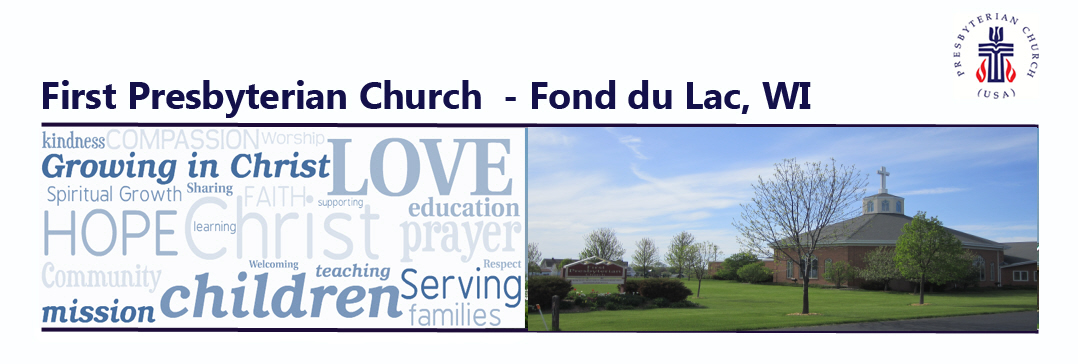I John 4:16b-20
For many “awkward” family relationships there is a common pattern. Based on past hurts and animosities, we anticipate words or actions that will be hurtful or insulting at the next occasion when we will be in communication. This anticipation causes us to be more aware of the words and actions that do take place, and cause us to be more reactive. At the moment of insult we are taken aback, and connect whatever words or actions we encounter with all of those which have gone before. Then, afterwards we feel lingering anger, resentment, and often guilt at the outcomes. In the end we set ourselves up again for the next round. This cycle, or variations of it go on for many families repeatedly; and lead to feelings of powerlessness and despair.
Every situation is different but in a majority of situations our options are limited, especially when it comes to changing the other person. Usually, our only options have to do with withdrawing from the relationship, and changing ourselves. In terms of withdrawing, this is somewhat challenging because it can become a source of guilt as well. It is very difficult to find a place where we are setting boundaries without erecting barriers. Regardless, in our most difficult family relationships we have to recognize that usually, the only way forward is for us to change, or in other words, to grow.
One important factor in the process of trying to move forward is to understand that anger plays an important role in our growth and change. Anger can be the foundation for resentment, hostility, and retaliation, or it can be the discomfort that causes us to form new disciplines and change our habits. Anger is fuel; and it is up to us to determine how that fuel is going to be used – for movement or explosions.
Frequently these conflicted relationships are about issues which we would prefer not to focus upon: ways in which we see ourselves. These family members make us see ourselves or feel things about ourselves that have been issues for us long before the conflicts that we are encountering. At times, recognizing and understanding these inner conflicts releases us from the cycle of anticipation and hurt. We are able to say inwardly: “I know that I will be reminded of my feelings of (inadequacy, laziness, ugliness, etc.) which are things with which I am continue to struggle, but that doesn’t mean I have to own their opinion of me.”
Admittedly this doesn’t fix everything. We still have to be thoughtful about the situations in which we will find ourselves. There are some circumstances that we are wise to avoid; times and places where conflict is inevitable. The point is to do so with as little invitation to conflict as possible. The point is to be free of the continued patterns, rather than winning. Our goal is to be in as “peaceable” relationship as possible. Peace is not merely the absence of fighting. At times peace is maintained by boundaries and structures (we choose not to engage in the topics or situations that degenerate into hostilities). But peace also opens the way to growth and healing. And as we mature in Christ new possibilities for healthier relationships emerge.
We continue to see these dirty jobs, such as awkward family relationships for what they are – opportunities to grow.
Peace,
Pastor Jack
